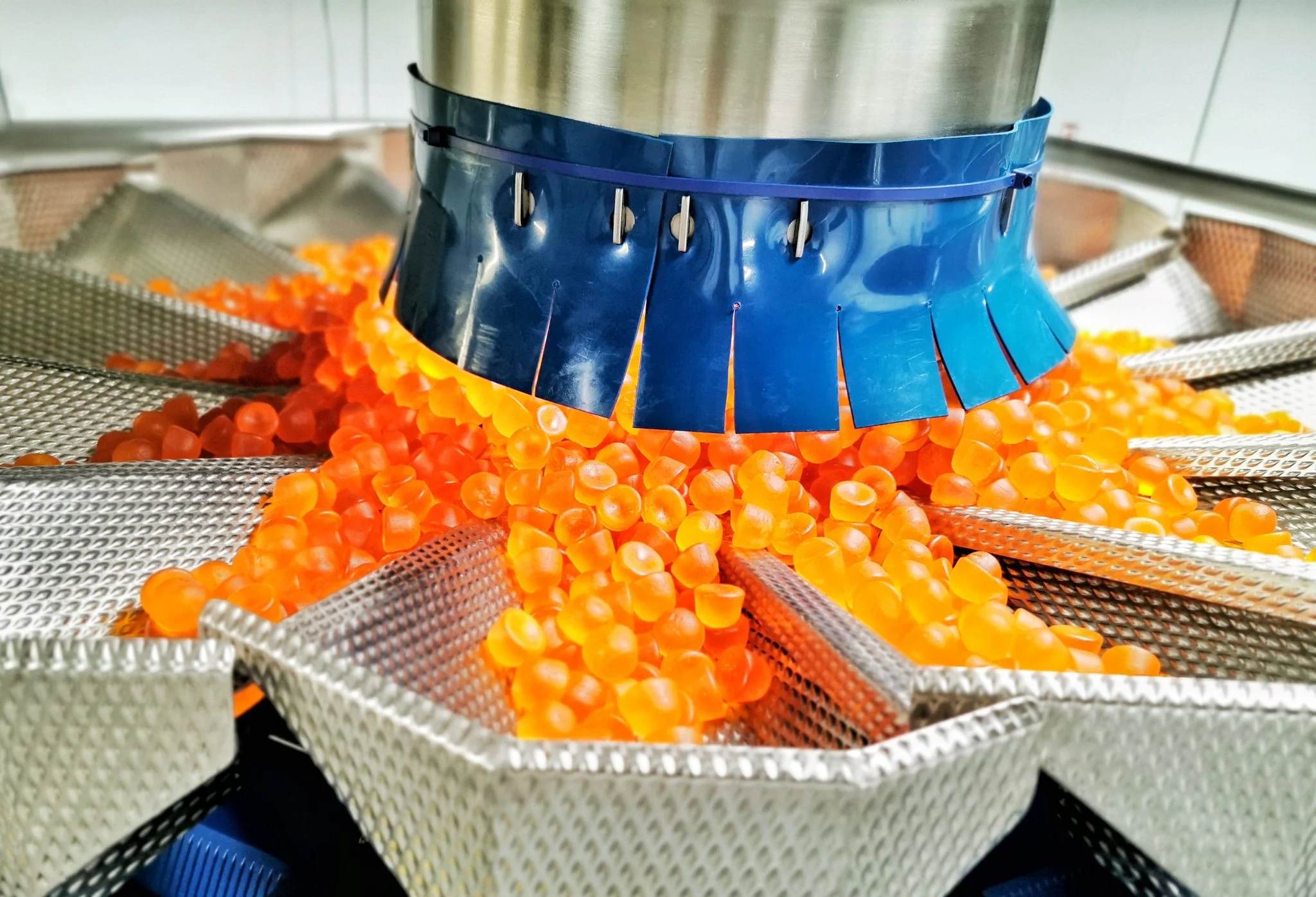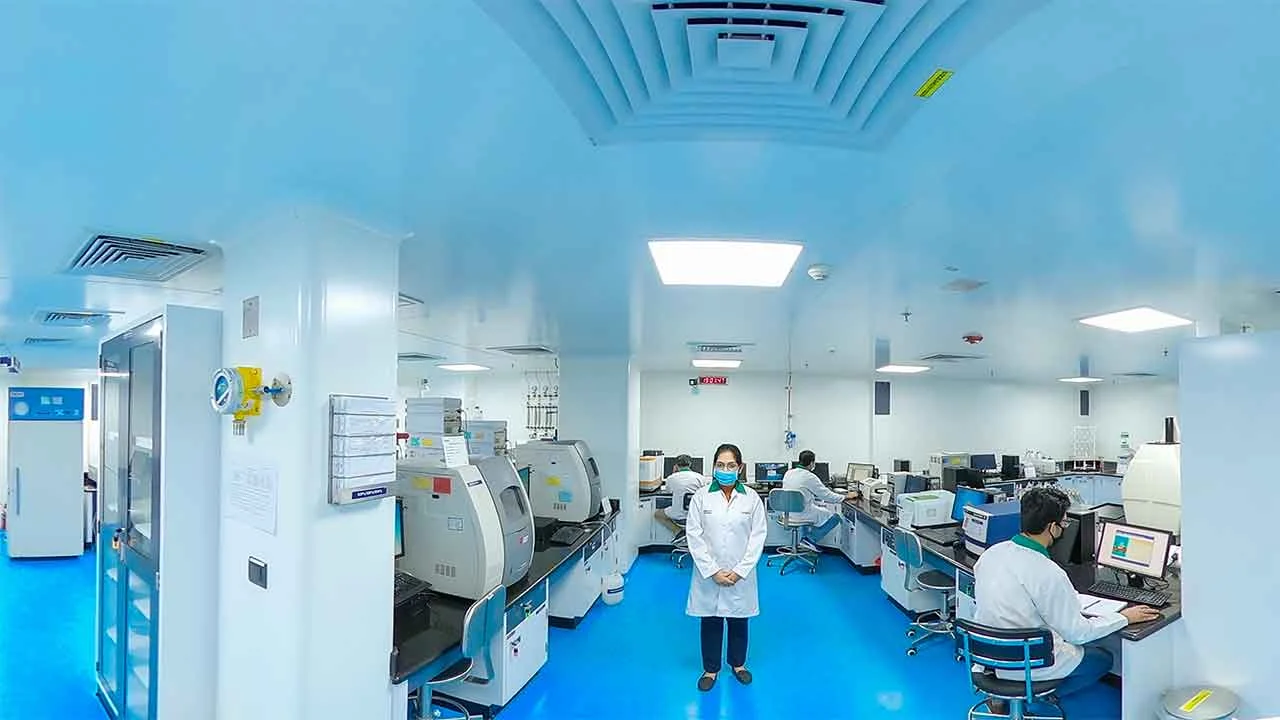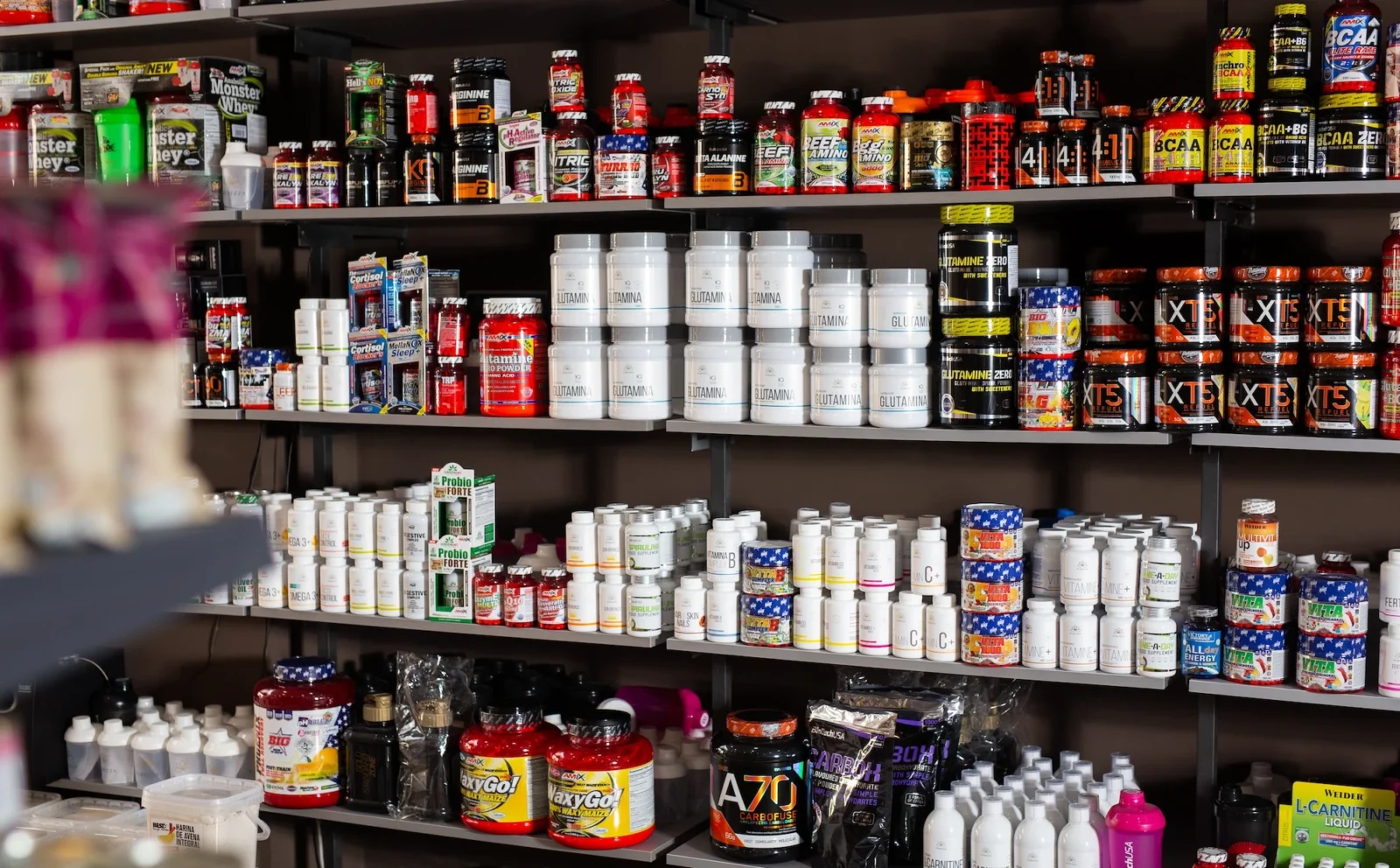The wellness industry is buzzing, and at the heart of it all is a chewy, flavorful revolution: the gummy supplement. Gone are the days of hard-to-swallow pills being the only option. Today’s health-conscious consumers are reaching for supplements that are not only effective but also enjoyable. This seismic shift has created a golden opportunity for brands—both new and established—to capture a booming market.
But having a great idea for a gummy supplement is just the beginning. The single most critical decision you’ll make is choosing the right manufacturing partner to bring your vision to life. This guide is designed to be your roadmap. We’ll walk you through everything from understanding the market and choosing a production model to vetting manufacturers and navigating the production process. Let’s get started.
The Sweet Success: Why the Gummy Supplement Market is Booming
If you’re considering entering this space, your timing couldn’t be better. The global gummy supplement market is not just growing; it’s exploding. Projections show it soaring to over $42 billion by 2028. What’s fueling this incredible demand?
It boils down to one simple concept: consumer experience. Many people suffer from “pill fatigue”—the chore of swallowing multiple capsules and tablets every day. Gummy supplements transform this routine from a necessity into a treat. They offer:
- Enjoyable Flavors and Textures: Making daily supplementation something to look forward to.
- Convenience: They are easy to take on the go, with no water needed.
- Improved Absorption: For certain nutrients, the gummy format can enhance bioavailability.
This isn’t just a fleeting trend; it’s a fundamental shift in how people approach their health. For brands, this means a lucrative opportunity to innovate with new ingredients, target niche audiences (from gamers to busy parents), and build a loyal customer base.
The Two Paths to Launch: Custom Formulation vs. Private Label
Once you decide to launch a gummy product, you’ll face your first major choice: do you create something entirely new or leverage an existing formula? This choice defines your partnership model.
Custom Formulation: Building Your Unique Brand from Scratch
A custom formulation means you work with a manufacturer to develop a unique product from the ground up. You control every aspect: the active ingredients, dosage, flavor profile, color, and shape.
- Pros:
- Total Uniqueness: Your product is one-of-a-kind, creating a strong competitive advantage.
- Brand Alignment: The formula perfectly matches your brand’s mission and target audience.
- Intellectual Property: You own the formula, building long-term brand equity.
- Cons:
- Higher Cost: R&D, ingredient sourcing, and stability testing add to the upfront investment.
- Longer Time-to-Market: Development can take several months.
- Higher MOQs: Minimum order quantities are typically larger.
Private Label (White Label): Your Fast-Track to the Market
Private label manufacturing involves selecting a pre-existing, market-tested formula from a manufacturer’s catalog and simply putting your own brand’s label on it.
- Pros:
- Speed: You can launch your product in a matter of weeks, not months.
- Lower Cost & Risk: No R&D costs and lower MOQs make it ideal for startups.
- Proven Formulas: The products are already developed and tested for stability and efficacy.
- Cons:
- Lack of Differentiation: You’re selling a product that other brands can also sell.
- No Formula Control: You can’t tweak the ingredients or dosages.
Chart: Which Model is Right for You?
| Feature | Custom Formulation | Private Label |
|---|---|---|
| Best For | Established brands or startups with unique concepts | Startups, e-commerce sellers, influencers |
| Time-to-Market | 4-9 months | 4-8 weeks |
| Upfront Cost | High (R&D, testing) | Low (No R&D fees) |
| MOQ | Typically Higher | Typically Lower |
| Uniqueness | 100% Unique | Standardized |
| Brand Equity | High | Moderate |
The 7-Point Checklist for Vetting Your Gummy Manufacturer
Choosing a partner is a high-stakes decision. A great one can propel your brand to success, while a bad one can sink it before it even launches. Here’s a no-nonsense checklist to vet potential manufacturers.
1. Certifications and Compliance (The Non-Negotiables)
Let’s be blunt: if a manufacturer can’t show you their certifications, walk away. These aren’t just logos; they are your guarantee of quality, safety, and legality.
- cGMP (Current Good Manufacturing Practice): This is the bedrock. Issued by the FDA, it ensures products are consistently produced and controlled according to strict quality standards.
- FDA-Registered Facility: The facility must be registered with the FDA. (Note: The FDA doesn’t “approve” supplement facilities, it “registers” them and inspects for cGMP compliance).
- Third-Party Certifications: Look for seals from organizations like NSF International, USDA Organic, or Non-GMO Project Verified. These demonstrate a commitment to quality that goes above and beyond the minimum requirements.

2. R&D and Formulation Capabilities
A top-tier manufacturer is a scientific partner. Ask them:
- Can you work with the specific ingredients I want? (e.g., probiotics, sensitive botanicals)
- What flavor masking technologies do you use for bitter ingredients?
- Can you create sugar-free, vegan, or plant-based pectin formulas?
- Do you have an in-house R&D team to help refine my idea?
Their ability to innovate is your ability to stand out.
3. Minimum Order Quantity (MOQ)
This is often the first question for startups. A high MOQ can be a significant barrier to entry. Don’t be afraid to ask about it upfront. Some manufacturers are more startup-friendly and offer flexible or lower MOQs to help new brands get off the ground.
4. Ingredient Sourcing and Transparency
Your product is only as good as its ingredients. A trustworthy manufacturer will be completely transparent about their supply chain.
- Where do your ingredients come from?
- Can you provide a Certificate of Analysis (COA) for every single raw material? This COA is a crucial document that verifies the potency and purity of each ingredient.
5. Production Lead Times
Ask for a realistic timeline. “Lead time” typically refers to the period from when you place your purchase order to when the finished product is ready to ship. A standard lead time is often 8-12 weeks, but this can vary. Get it in writing to avoid surprises.
6. Packaging and Labeling Solutions
The container is part of the product experience. Does the manufacturer offer a full suite of “turnkey” services? This includes sourcing bottles, caps, and seals, as well as providing label design guidance to ensure it meets all FDA regulations. A partner who handles this in-house can save you immense time and headaches.
7. Communication and Customer Support
From day one, you should feel like a valued partner, not just another order number. Is the communication clear and prompt? Will you have a dedicated project manager or account representative? A strong relationship is crucial for navigating the inevitable challenges of product development.
A Look Inside: The Gummy Manufacturing Process from A to Z
To help you understand what goes on behind the scenes, here’s a simplified look at how your gummy supplement comes to life:
- Phase 1: R&D and Quoting: Your idea is discussed, the formula is refined, and you receive a detailed quote for development and production.
- Phase 2: Sourcing & Testing Raw Materials: The manufacturer sources all ingredients and rigorously tests them for identity, purity, and potency (via COAs).
- Phase 3: Pilot Batch & Flavoring: A small test batch is created to perfect the flavor, color, and texture. You’ll approve this before full production begins.
- Phase 4: Full-Scale Production: The ingredients are precisely weighed, blended, and cooked in large-scale kettles to create the gummy “slurry.”
- Phase 5: Depositing and Curing: The slurry is deposited into custom molds (e.g., bears, drops, domes) and then moved to climate-controlled curing rooms to achieve the perfect texture.
- Phase 6: Quality Control & Finishing: The finished gummies are tested for quality. They might be coated with sugar or a sour powder before being sent for packaging.
- Phase 7: Bottling and Labeling: The gummies are packaged, sealed, labeled, and prepared for shipment, complete with a final Certificate of Analysis for the finished product.

Red Flags to Watch Out For When Choosing a Partner
- Vague or Evasive Answers: If they can’t give you a straight answer on certifications, sourcing, or pricing, it’s a major red flag.
- No In-House Quality Team: A manufacturer that outsources all its testing lacks critical control over the final product.
- Poor Communication: If they’re hard to reach during the sales process, imagine what it will be like when you’re a client.
- Unrealistically Low Prices: Extremely low quotes often mean they are cutting corners on ingredient quality, testing, or compliance.
- Refusal to Provide Samples: A confident manufacturer will be happy to provide samples of their work.
Frequently Asked Questions (FAQ)
Q1: What’s the average cost to create a custom gummy supplement?
The cost varies widely based on ingredients, complexity, and order volume. Development fees can range from a few thousand dollars to over $15,000, plus the per-bottle cost of the product itself. Always request a detailed, itemized quote.
Q2: What is a typical MOQ for gummy orders?
For custom formulas, MOQs often start around 2,500 to 5,000 bottles. For private label products, you can sometimes find MOQs as low as 500 to 1,500 bottles.
Q3: How long is the entire process from idea to shipment?
For a private label product, expect 4-8 weeks. For a custom formulation, the process is longer, typically ranging from 4 to 9 months, including R&D, stability testing, and production.
Q4: Are your facilities FDA-approved?
This is a common point of confusion. The FDA does not “approve” dietary supplement manufacturing facilities. Instead, facilities must register with the FDA and are subject to inspections to ensure they comply with cGMP regulations. The correct term to look for is “FDA-Registered Facility.”
Ready to Create Your Bestselling Gummy Supplement?
Choosing a gummy supplement manufacturer is the foundation upon which your brand will be built. It’s about finding a partner who shares your commitment to quality, innovation, and customer satisfaction. By using this guide as your checklist, you can move forward with confidence, knowing you’ve asked the right questions and vetted for the things that truly matter.

If you’re ready to take the next step, our team is here to help. We specialize in helping brands like yours navigate the journey from concept to market, with flexible MOQs, world-class R&D, and an unwavering commitment to transparency.
Contact us today for a free, no-obligation consultation and let’s build something great together.



